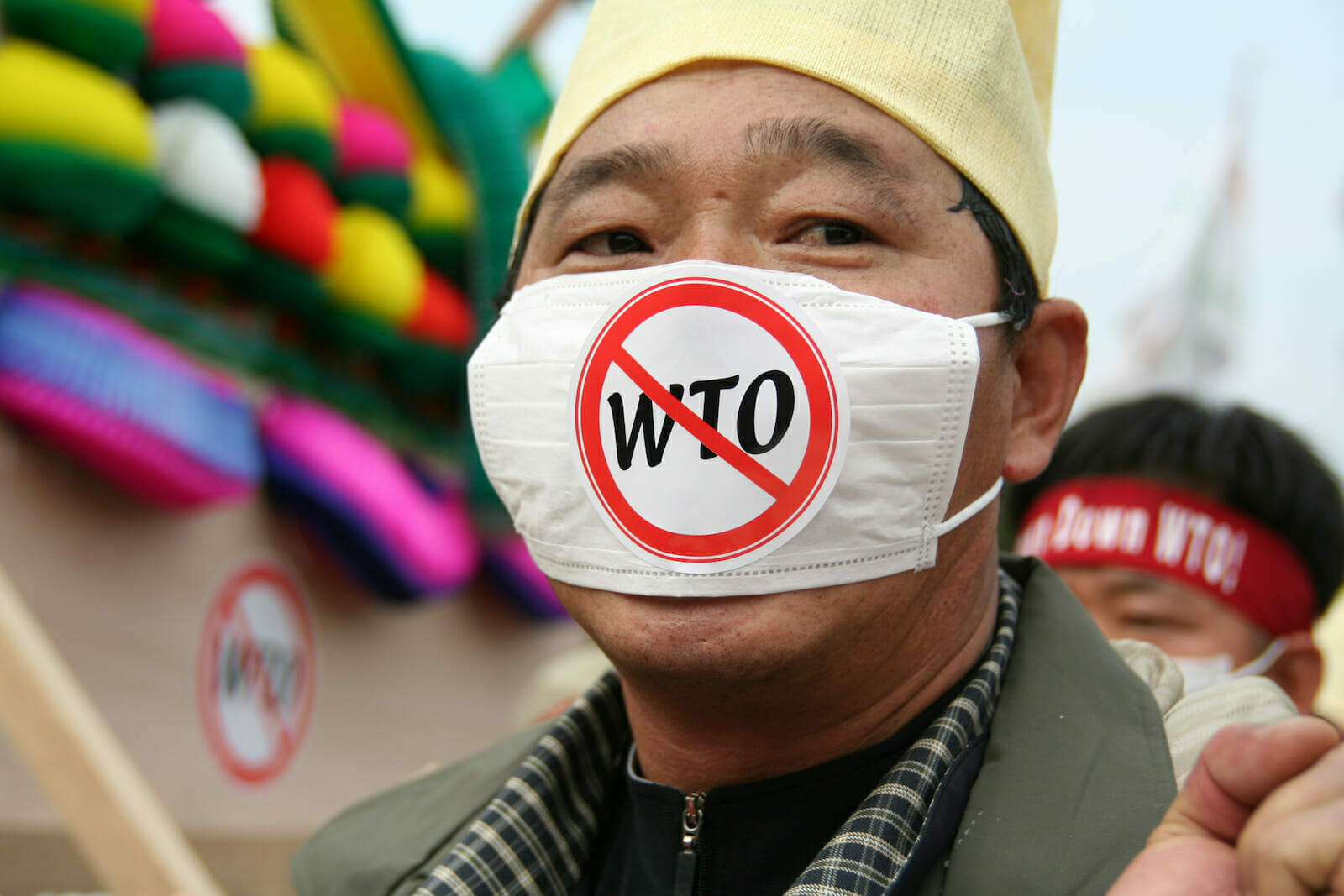
The Trump Administration is Right – The World Trade Organization Is Broken
With the World Trade Organization Appellate Body set to expire on December 11th, attention has rightfully turned to the relevancy of global trading organizations, like the WTO. Ambassador Robert Lighthizer has stated repeatedly that the WTO dispute settlement system is broken. And he is correct. The inherent problems with the institution date back to its very beginning. Even the protesters in Seattle at the 1999 WTO Ministerial Conference gave voice to serious concerns surrounding the dispute settlement system. It’s clear that very little has changed since.
The WTO dispute settlement system has not furthered the stated aims of the organization by reducing trade barriers through negotiation. As such, the utility of the entire dispute settlement system as currently constructed must be questioned. Contrary to the gnashing of teeth with the impending demise of the WTO’s Appellate Body, a return to non-binding dispute settlement without an Appellate Body would return the institution to its original intent – an organization to further negotiated reductions in trade barriers.
The discussion around the impending demise of the Appellate Body has been driven principally by feeling, rather than empirical analysis. The end of the Appellate Body, however, does not mean an end to a rules-based trading system. On the contrary, the Bretton Woods trading system functioned without binding dispute settlement. Non-binding dispute settlement forced parties to negotiate a resolution to disputes. By contrast, the current system has stymied nearly all negotiation and instead allows countries to utilize the Appellate Body to create new obligations in the WTO Agreement that were not negotiated or agreed to. As a result, there is no incentive for parties to negotiate.
Instead of taking as gospel that binding dispute settlement has positive effects on trade flows, recent analysis tells a very different story. Work by researchers at the University of Arizona and the University of California, Davis challenges these preconceived notions. Their research is in its early stages and covers the first 400 disputes, but what they are finding so far is surprising.
Preliminary analysis suggests that resolving disputes does not actually increase trade flows. This undermines the very premise that binding dispute settlement leads to a removal of trade barriers. The researchers point out that there could be many explanations. For example, they are measuring aggregate trade flows, and thus trade between the litigants may be increasing while trade with other parties declines.
The research also shows that compliance with WTO decisions, in the aggregate, began to drop around the time of the 160th dispute. This decline appears to be related to the issuance of the first of the infamous “zeroing” decisions. This decision is a prime example of WTO members refusing to abandon “zeroing” in antidumping calculations when negotiating the agreement, only to have the Appellate Body create rights and obligations that are not found in the agreement. This type of impermissible gap-filling outside of negotiations was the beginning of the long-slow erosion of the institution. If members could seek additional rights through litigation instead of negotiation, non-compliance becomes the only recourse.
The WTO has struggled to do that which it was created to do: conclude trade agreements. The atrophy of the negotiating arm of the WTO is not surprising when placed in the context of the Appellate Body’s overreach. What incentives do Members have to reach agreements in a world where the Appellate Body is going to fill-gaps, regardless of what Members did or did not agree to?
The rules that govern the Appellate Body were meant to forestall just this outcome. Those rules provide that the dispute settlement system “cannot add to nor diminish the rights and obligations” agreed by the Members. By respecting these negotiated outcomes, the dispute settlement system is a “central element in providing security and predictability in the multilateral trading system.” By departing from these rules, the Appellate Body has sowed the seeds of instability and insecurity.
There are calls for new rules to solve the problem, but if the Appellate Body considers itself above the rules to begin with, then it is difficult to imagine how a new suite of rules would change that fundamental issue. New rules, just like the old rules, can be ignored.
The dispute settlement regime that prevailed under the General Agreement on Tariffs and Trade (GATT) was not perfect, but it was not the law of the jungle. That regime valued negotiations and diplomacy above litigiousness and hostility.
Ambassador Lighthizer understands the corrosive effects of the WTO’s Appellate Body. To “fix” the system, perhaps the best answer is to let the Appellate Body wither on the vine and return to a system based on negotiation and diplomacy.

